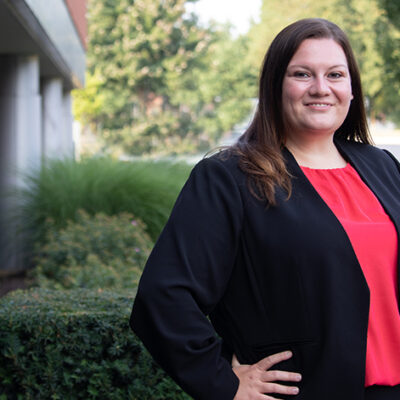Regulations Related to Families First Coronovirus Response Act (FFCRA) Revised by DOL
September 17, 2020 • 2 min read
On September 11, 2020, the U.S. Department of Labor (“DOL”) revised the regulations related to the Families First Coronavirus Response Act (“FFCRA”). The new regulations are a response by DOL to a U.S. District Court’s decision in New York on August 3, 2020. The District Court invalidated portions of the regulations pertaining to the FFCRA’s paid leave provisions. The new regulations went into effect on September 16, 2020.
Click here for an in-depth review of FFCRA leave requirements.
The following are the key takeaways you need to know:
- Work Availability: In order for an employee to qualify for Emergency Paid Sick Leave or Emergency FMLA, the employer must have “available work” for the employee at the time the leave is requested. Employers may not avoid obligations to provide leave by intentionally making work unavailable or altering employee schedules in an adverse manner.
- Intermittent and Incremental Leave: The rule reaffirms employer approval is required prior to taking intermittent leave. However, DOL determined that when an employee takes leave to care for a child with a hybrid school schedule, that is not considered intermittent leave and does not require approval. Such a hybrid schedule would require the child to attend school in-person on some days and prohibit in-person attendance on others. An employee who elects remote learning for his or her child and therefore the child does not attend school in-person at all, does not qualify for Emergency FMLA. However, if the child’s school only offers remote learning due to COVID-19, the employee may qualify for Emergency FMLA, assuming he or she is unable to work remotely.
- Definition of Health Care Provider: The definition of “health care provider” is now defined as those who “provide diagnostic services, preventive services, treatment services, or other services that are integrated with and necessary to the provision of patient care.” This new definition is still very broad and includes anyone who is supervised by, or reports to, a health care provider regardless of whether they have a license or certification. Examples of individuals who are not a “health care provider” and would qualify for leave under the updated definition include: IT professionals, food service workers, maintenance staff, billers and records management staff.
Employers will need to do an assessment to determine which positions may be eligible for FFCRA leave.
- Notice and Leave Documentation: The new regulations require that employees provide supporting documentation as soon as practicable to support his or her need for leave. Employees must additionally provide advance notice when taking Emergency FMLA when the leave is foreseeable. When not foreseeable, the notice must be given as soon as practicable.
As a reminder, the Families First Coronavirus Response Act is set to expire on December 31, 2020.
Employers should review their policies and practices to ensure they are in full compliance with the updated regulations. For more information, or for employment-related questions generally, please contact Susan Rodgers at [email protected], Jerry Chattman at [email protected], Katie Duffy at [email protected] or Heather Steele at [email protected].
Nothing contained in this alert is to be considered the rendering of legal or business advice, either generally or in connection with any specific issue or case. This information is intended for general informational and educational purposes only. Users are responsible for obtaining legal or business advice from their lawyer or other professional adviser.

